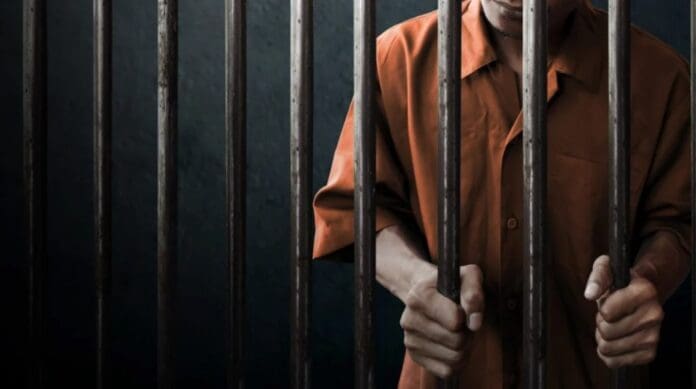An SSIU investigation found six counter-strike players in Melbourne who have allegedly been fixing CS:GO matches. Now the players are facing up to 10 years in prison for the crime.
A 10-year prison sentence is now a possibility for those who fix esports matches
Cheating in sports has always been a serious matter where competitions are concerned. Fixing casino games or cheating at soccer could mean a prison sentence for the players. Now, this is also a possibility for those who fix video games. Six people, who were caught allegedly fixing the Valve’s Counter-Strike: Global Offensive (CS:GO) League in Australia, were arrested and could be facing jail time. The game is one of the staples in the community which has been around for decades.
The individuals were arrested by the Victoria Police Sporting Integrity Intelligence Unit and Organized Crime Intelligence Unit. All six of them were located in the general Melbourne area and were a part of a match-fixing circle. As some claim, match-fixing is not as uncommon in the area as it might seem.
The activity of the circle came to the attention of the authorities through a sportsbook operator. The League responded after the operator alerted them about a possible CS:GO match-fixing incident. This demonstrates how seriously the members of the gaming community take honesty and ethics.
The investigation, which was launched in March 2019 and lasted for about five months, found out that the members of the match-fixing ring were intentionally losing games in order to make money from betting. There were 20 such bets made in total. Although this is an esports match and not a physical sport like soccer, or a poker game at one of the best online casinos, where such an incident would be punished severely, the arrested individuals are still looking at a 10-year prison sentence.
Regulating the match-fixing in esports
The players are now facing 10 years in prison but it’s highly likely that the sentence will be reduced due to the nature of the sport. Chances are, video gaming fixing won’t be punished as severely as other forms of match-fixing. Meanwhile, the authorities, SSIU, and Organized Crime Intelligence Unit continue to work with betting agencies some of which are involved in esports to further continue identifying such instances.
“Esports is really an emerging sporting industry and with that will come the demand for betting availability on the outcomes of tournaments and matches. It’s important that police and other agencies within the law enforcement, gaming and betting industries continue to work together to target any suspicious activity. These warrants also highlight that police will take any reports of suspicious or criminal activity within esports seriously, and we encourage anyone with information to come forward,” – said Neil Paterson, an Assistant Commissioner commented on the incident.
Another big step in the regulation of esports is the establishment of the Esports Integrity Coalition (ESIC) which will work to improve integrity and ethics in the industry. Cheating in esports might have been only punished with a verbal warning before but this could soon change due to the new stance that the regulators have taken to the activity.




